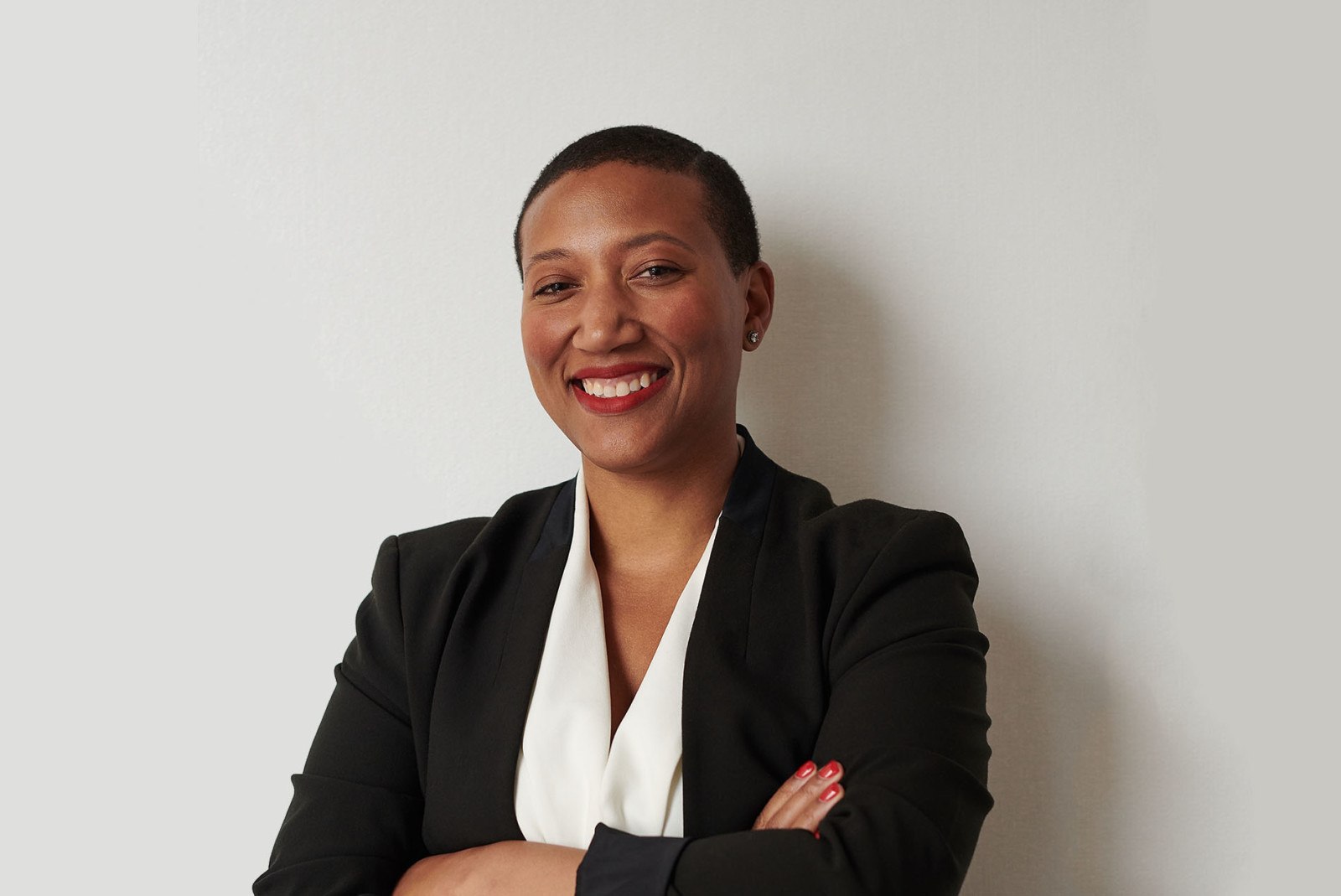Kimberly Dowdell, marketing principal in HOK’s Chicago studio, appeared on the World Build podcast to talk about her involvement with HOK Impact, the ACE mentorship program and how architects can take a leadership role in social responsibility and inclusion.
She helped found the HOK Impact social responsibility initiative 10 years ago to measure and amplify HOK’s community impact. Since then, all 23 of HOK’s global offices have become involved in the firm’s community outreach program. Their mission is to use design to make a difference, providing pro bono services to the cities where they live and work, with a focus on volunteering and sustainability.
Excerpts of Dowdell’s World Build podcast:
Corporate social responsibility is about being a good neighbor. At HOK, we feel as though we want to be a good neighbor, whatever the context. We’re excited about HOK Impact celebrating its 10th year, and we’re doubling down on what we’re trying to do for local communities, whether it’s partnering with schools, giving away scholarships or supporting a park cleanup. There’s an unlimited number of possibilities. We draw upon our designated HOK Impact champions in all our offices to work with the office of management to figure out what the budget is and assess what the individual office members are most interested in. … At the end of the day, we want to be good neighbors and see our communities flourish.
Environmental stewardship is about creating environments that work for people. We’re thinking about social, economic and environmental issues all at the same time. It’s more complicated, but it also creates a more comprehensive approach that is inevitably more sustainable. If you’re not talking about the multidimensional aspects of sustainability, then it’s a missed opportunity.
We’re creating more language around the intersection between the environmental, social and cultural aspects of design. As we look to the future, more of our projects, both pro bono and our for-profit, are going to feed into how a community will be impacted by a particular intervention. How are the stakeholders engaged? What is the profile of a team from a diversity standpoint? Who’s involved and who’s making the decisions? And how much agency does a local community have in talking about what happens in their neighborhood or town?
At HOK, we have a lot of younger people who are eager to give back to the next generation. And so many of our offices and people participate in the ACE Mentor Program, which stands for architecture, construction and engineering, and supports high school students in gaining exposure to architecture. NOMA also has project pipeline summer camps to expose middle and high school students to architecture. HOK offices often send their members to participate.
It’s important that we partner with local schools. We want to figure out where we have connectivity and how we can leverage our resources to make sure that any kids who have a potential interest in design or architecture, or even art, feel like they can pursue that by seeing examples. There’s a quote by Marion Wright Edelman that says, “It’s hard to be what you can’t see.” And it’s just important that architects, whether they’re at HOK or elsewhere, are somewhat visible so that young people can see there is a potential future for them in design.
Listen to the whole World Build podcast.
